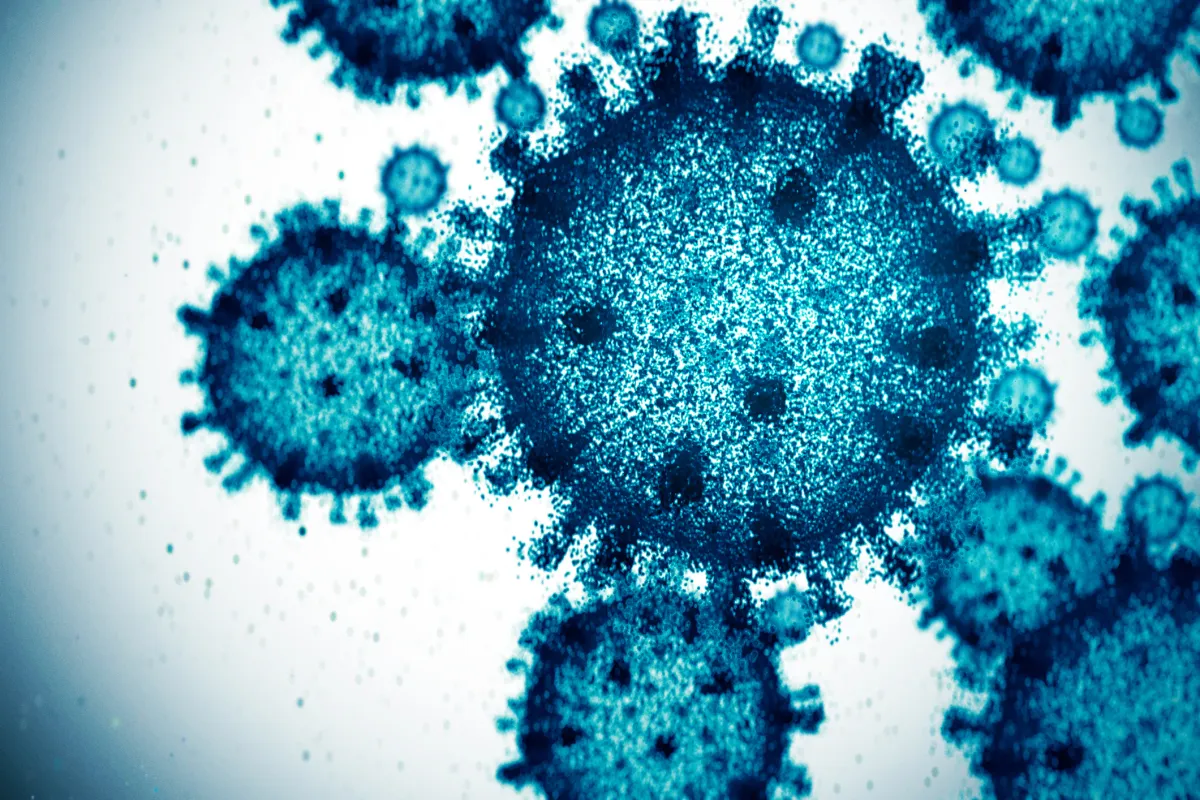By Alice Park
Copyright time

The ongoing research project, called RECOVER, is funded by the National Institutes of Health and explores the impact of COVID-19 infections on long-term health. Yong Chen, professor of biostatistics and director of the Center for Health AI and Synthesis of Evidence (CHASE) at the University of Pennsylvania, and his colleagues focused on people 21 and younger to better understand how COVID-19 reinfection affects health. “People think that reinfections don’t matter as much and don’t take them seriously,” Chen says. “Our primary message is that reinfections still matter, and you should do what you can to avoid reinfection by taking a vaccine or wearing a mask.”
Read More: The Clashing Advice Over COVID-19 Shots for Kids
The study involved data collected from more than 460,000 children, adolescents, and young adults from 40 pediatric hospitals who were diagnosed with a first COVID-19 infection around January 2022; some went on to develop a second infection after that. At the end of 2023, the researchers compared the group with only one infection to the group with a second infection, focusing on Long COVID-like symptoms such as abdominal pain, respiratory distress, changes in taste and smell, fatigue, chest pain, myocarditis, or irregular heart beat.



